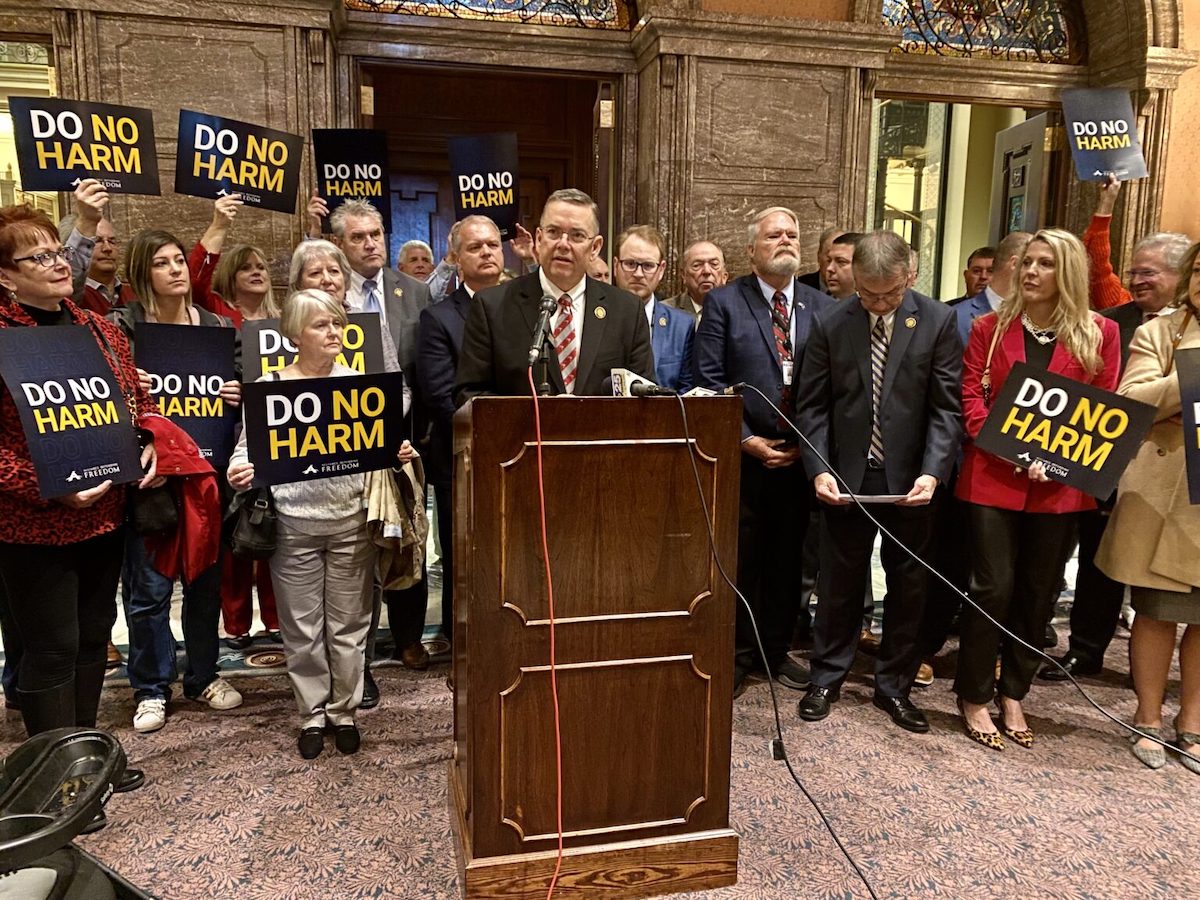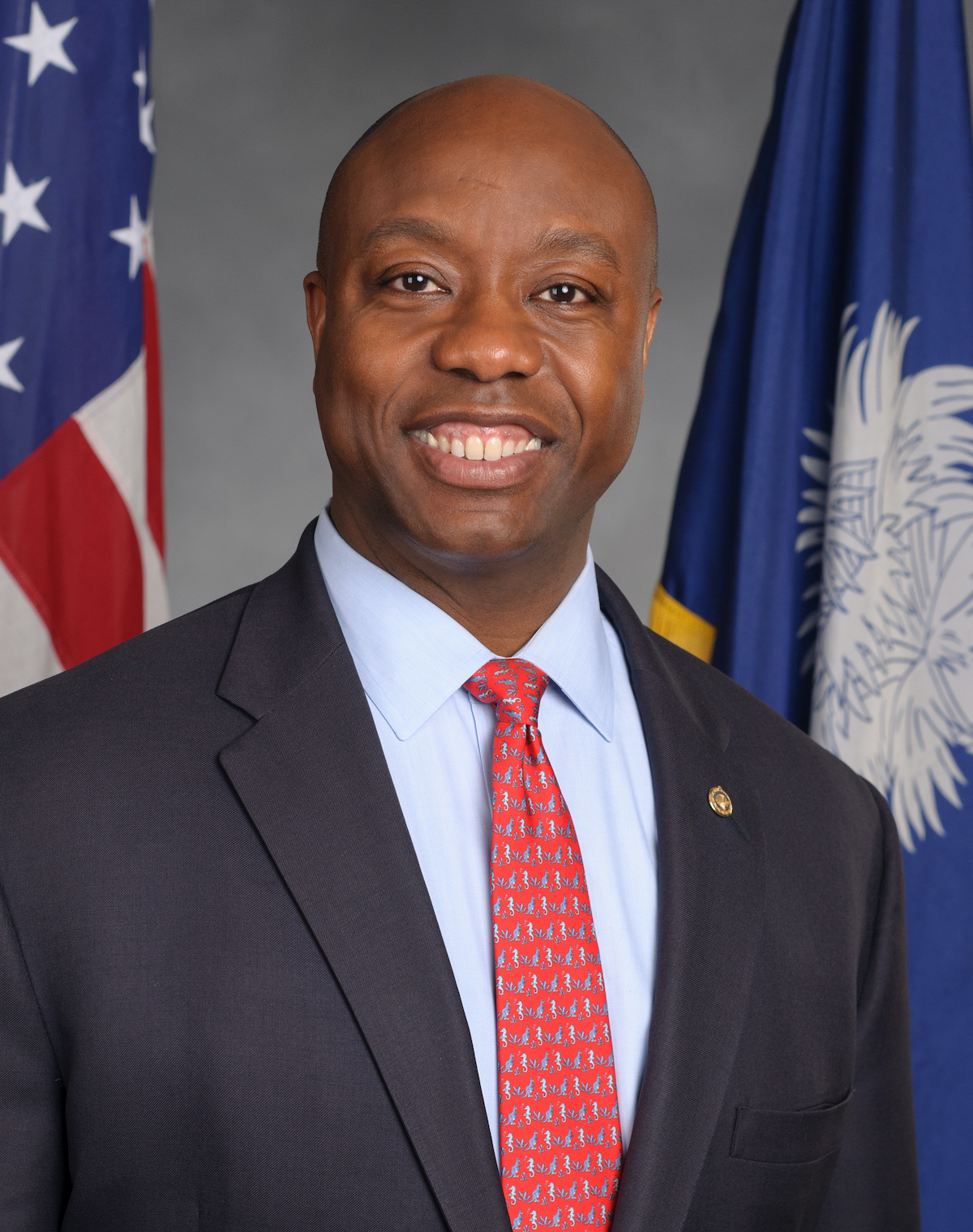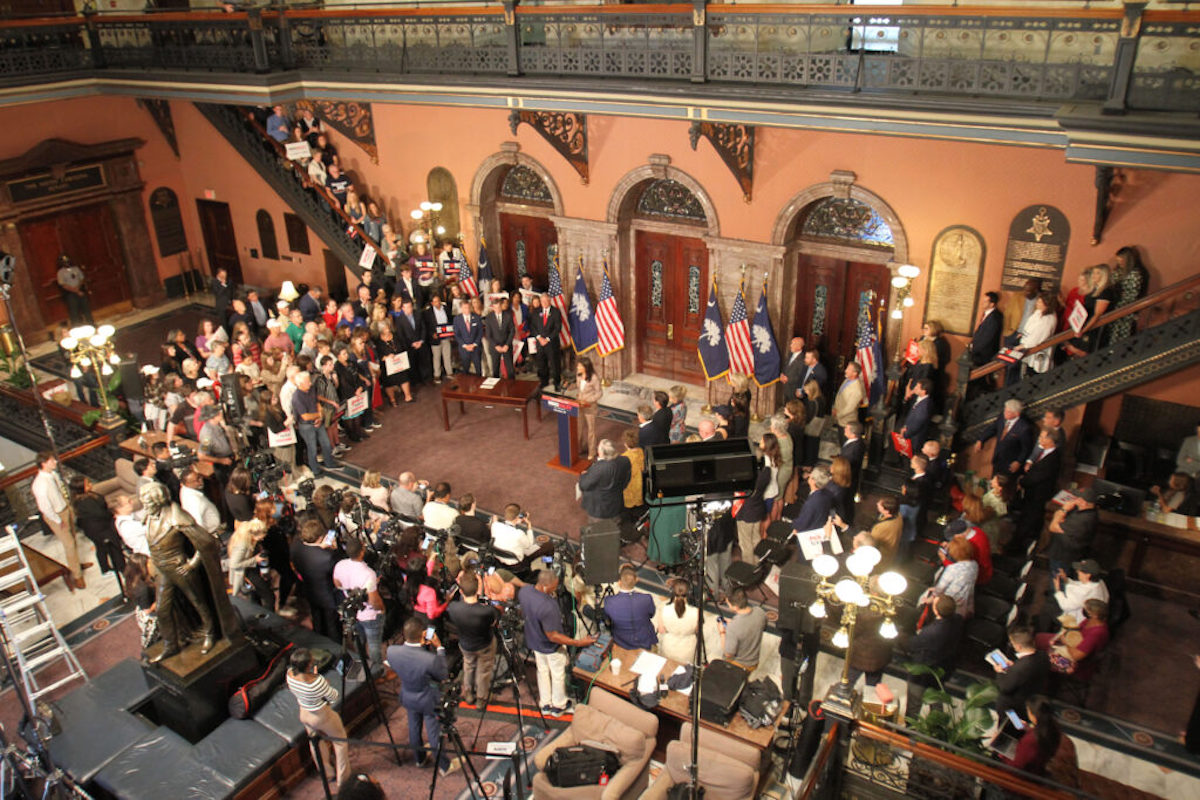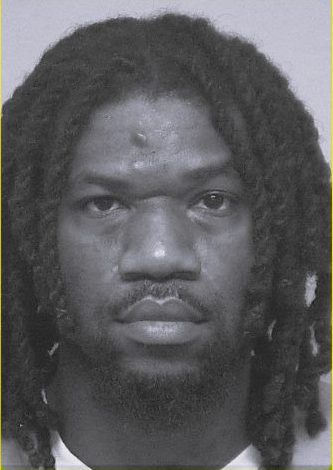Debate highlights rancor between Freedom Caucus, larger House GOP Caucus
By Skylar Laird
SCDailyGazette.com
COLUMBIA — Republicans in the South Carolina House battled each other Wednesday, Jan. 17, before ultimately approving legislation that bans gender-transitioning surgeries and hormones for transgender youth.
The outcome of the debate was predictable, with the House giving key approval with an 82-23 vote mostly along party lines. No Republican voted against it. Two Democrats voted for it. Other Democrats didn’t vote.
“We’re going to let the people of South Carolina know we’re here to protect our children,” said House Majority Leader Davey Hiott, the bill’s main sponsor.
Democrats pushed back, saying it’s not the Legislature’s job to get in the way of medical treatments for children and teens whose parents approve.
“Why can’t we mind our own business?” said Rep. Seth Rose, D-Columbia. “Why can’t we let families make their own personal decisions?”
A perfunctory vote Thursday will advance the bill to the Senate, where its fate is less certain. But House Republicans, who hold a supermajority in the chamber, can check off sending over their top priority for 2024 on the second week of session.
A lengthy debate Wednesday was expected. But unlike on other controversial legislation, it wasn’t due to Democrats putting up hundreds of amendments to at least slow passage.
This time, Democrats proposed just a half dozen changes — all rejected — and watched as Republicans fought each other as the debate dragged out over six hours.
Republicans in the Freedom Caucus, a group of hard-line House conservatives who frequently criticize GOP leaders, argued the bill doesn’t go far enough.
Under the bill as it advanced to the floor, doctors and other health care providers would face the potential loss of their medical license for violating the ban. The parents of the minor — or the minors themselves, after they turn 18 — could either sue or file a complaint to the state licensing board for what the bill labels “unprofessional conduct.”
That could result in nothing happening, Freedom Caucus members argued.
“If a law has no consequences, is it a law?” said Rep. Jordan Pace, R-Goose Creek.
The Freedom Caucus wanted to add more defined, heavier penalties for doctors, including minimum fines, a year in jail and guaranteed license suspensions. Exchanges got testy, as Freedom Caucus members accused their fellow Republicans — both in the chamber and on social media — of letting doctors “chemically castrate children.”
Rep. Micah Caskey, R-West Columbia, shot back. When Freedom Caucus members complained to the speaker that Caskey was accusing them of lying — seeking a reprimand for breaking House decorum rules — Caskey pulled no punches. He wasn’t accusing them of lying, the former prosecutor explained, he was accusing them of being ignorant about state law.
On X, formerly Twitter, Caskey responded to Freedom Caucus posts by calling them “clueless and classless.”
In the end, after all Freedom Caucus amendments were rejected, Republicans approved Caskey’s proposal making “genital gender reassignment surgery” legally akin to a doctor inflicting great bodily injury on a child, a felony punishable by up to 20 years in prison.
Doctors have repeatedly told legislators that such surgeries aren’t being performed on minors in South Carolina anyway. So, that threat should be moot.
Backers of the bill say they don’t care if zero surgeries are happening now.
“We need to be proactive and pass this bill to protect our children before it happens,” said Rep. John McCravy, R-Greenwood, a co-sponsor.
The bill also bans drugs that delay youth from starting puberty, as well as the prescribing of testosterone, estrogen or progesterone at levels above what girls or boys their age would otherwise produce — so-called “cross-sex hormones.”
The Freedom Caucus amendment that got the biggest pushback would have required school administrators to immediately notify the parents of students who say they’re a different gender, ask to be called anything other than their legal name or ask to be addressed with a different pronoun.
Hiott, whose wife is a teacher, vehemently disagreed, saying that adds yet more unnecessary, unwanted burdens on teachers who just want to teach. Teachers are not mental health counselors, he said, and it shouldn’t be their job to diagnose students.
It’s a prime example, he said, of why teachers are abandoning the profession. Teachers should never have to worry about whether to report to their principal that children think they’re a different gender just because they ask to be addressed differently or wear something out of the ordinary, he said.
“I don’t want my wife ever, ever, ever deciding whether a child is a boy or a girl,” said the Pickens Republican.
Freedom Caucus members accused him of mischaracterizing the proposal.
“Do not follow the leader off the cliff,” Rep. Adam Morgan, R-Taylors, said to the Republicans in the chamber.
The bill does ban teachers from knowingly encouraging or coercing students to lie to their parents about their gender identity. However, as Democrats who unsuccessfully tried to remove that section pointed out, the bill provides no way to enforce that.
More than 20 states already have similar laws banning procedures for transgender youth, including neighboring Georgia and North Carolina, according to the Human Rights Commission.
Supporters of the bill say it protects confused children too young to understand what’s going on with their bodies from potentially irreversible changes.
“The reality is these avenues of care have consequences that cannot be reversed,” said Rep. R.J. May, R-Lexington.
Democrats countered that death is the truly irreversible change, as transgender youth already experience high levels of depression and anxiety and contemplate suicide. The ban would exacerbate that, they argued.
“People will lose their lives,” said Rep. Jermaine Johnson, D-Hopkins.
McCravy and other Republicans countered that hormonal medications and transitioning can also cause mental health problems. The bill stipulates that it does not stop counseling or other help for children struggling emotionally.
“Nothing in the bill prevents legitimate mental health support,” McCravy said.
The bill would expand on existing law, passed as part of the budget debate in 2022, that bans the Medical University of South Carolina from using state funds on “furthering gender transition” for children under the age of 16. Within months of the directive taking effect, MUSC stopped hormonal treatments to transgender patients at its pediatric clinic.
Skylar Laird covers the South Carolina Legislature and criminal justice issues. Originally from Missouri, she previously worked for The Post and Courier’s Columbia bureau.











